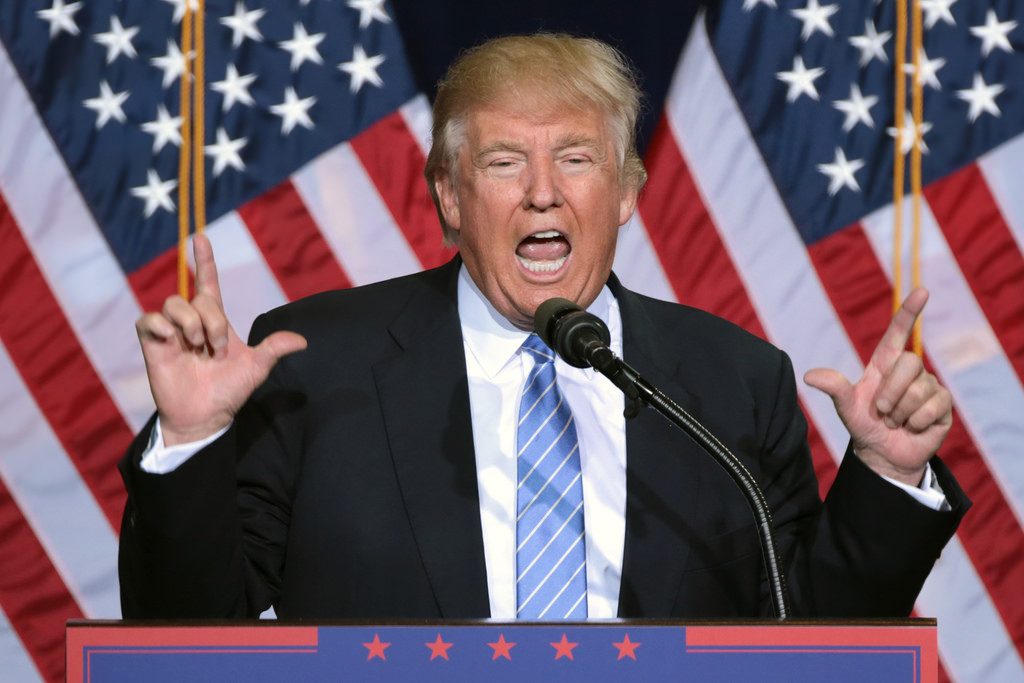The world doesn’t take a break when Tech does, and a lot of big things happened while we may have been occupied by things other than following the news. In the News Section I give “The biggest news that broke over break (in no particular order),” but I think that the biggest thing that happened over break was the signing of the tax overhaul by President Donald Trump on Dec. 22, 2017, and its immediate aftermath. The signing of that bill into law is very important for a number of reasons, both in terms of the law’s direct impact and in terms of how it may change the ways in which we talk about politics and the economy in the coming months.
The tax overhaul that President Trump has been promising since he first began his campaign is, in many ways, a tax cut, which has many people skeptical, to begin with — myself included. The United States is running a huge federal deficit that it has already had a hard time dealing with; potentially taking in less money in the form of taxes. In fact, the tax overhaul bill is dangerously close to reaching limits that were placed on tax laws a few years ago to keep them from going too low, but as long as GDP increases by around 4 percent every year for the next ten years, the taxes raised should be able to stay within that range.
I wrote an article before the break about the debate over whether it’s realistic to think that GDP will increase by that much. The economy has been doing really well this year, and while Republicans are quick to praise Trump, Democrats are quick to point out that much of the economic recovery is due to a combination of outside influences such as the global recovery from the Great Recession as well as economic improvements that began during the Obama administration. Party opinions aside (not that I, the News Editor, have party opinions), there is no room for responsible argument that the economy has not grown, to some degree, solely because of market optimism directly caused by Donald Trump’s presidency and his promises of a tax cut. After all, the biggest tax cuts don’t go to regular Americans, they go to the big corporations and the extremely wealthy. This too, cannot be responsibly argued. The argument is whether that is a good thing.
That brings us to the other reason that the tax overhaul is such a big deal. The best argument for cutting taxes on big business and the extremely wealthy is the theory that putting more money into these sectors will allow big businesses to pay their employees more. Those employees, the average Americans, will then have more spending money and more power to grow the economy. This economic philosophy, often called “trickle -down economics” was pioneered by President Reagan in the 1980’s and has since then been rather well known for not working. And historically it hasn’t worked and has been largely blamed for America’s strong income disparity among other socioeconomic woes.
An interesting thing happened on Jan. 11, however, when the President and CEO of Walmart announced that in anticipation of all of the money that Walmart is expected to be saved by the tax overhaul, Walmart was raising its minimum wage to well above the national average and giving bonuses to many long-term associates. In a very real way that affects just about everyone in some way or another, whether you work at Walmart or not, this is a big example of trickle-down economics actually working. Whether or not we see other big companies follow suit, this will, at the very least, be a pro-Republican talking point in the economics field for quite some time to come.






One Response
It should also be noted that Walmart abruptly closed dozens of its Sam’s Club stores on the very same day, leaving (at least) hundreds of employees out of work. Please be sure to tell the whole story.